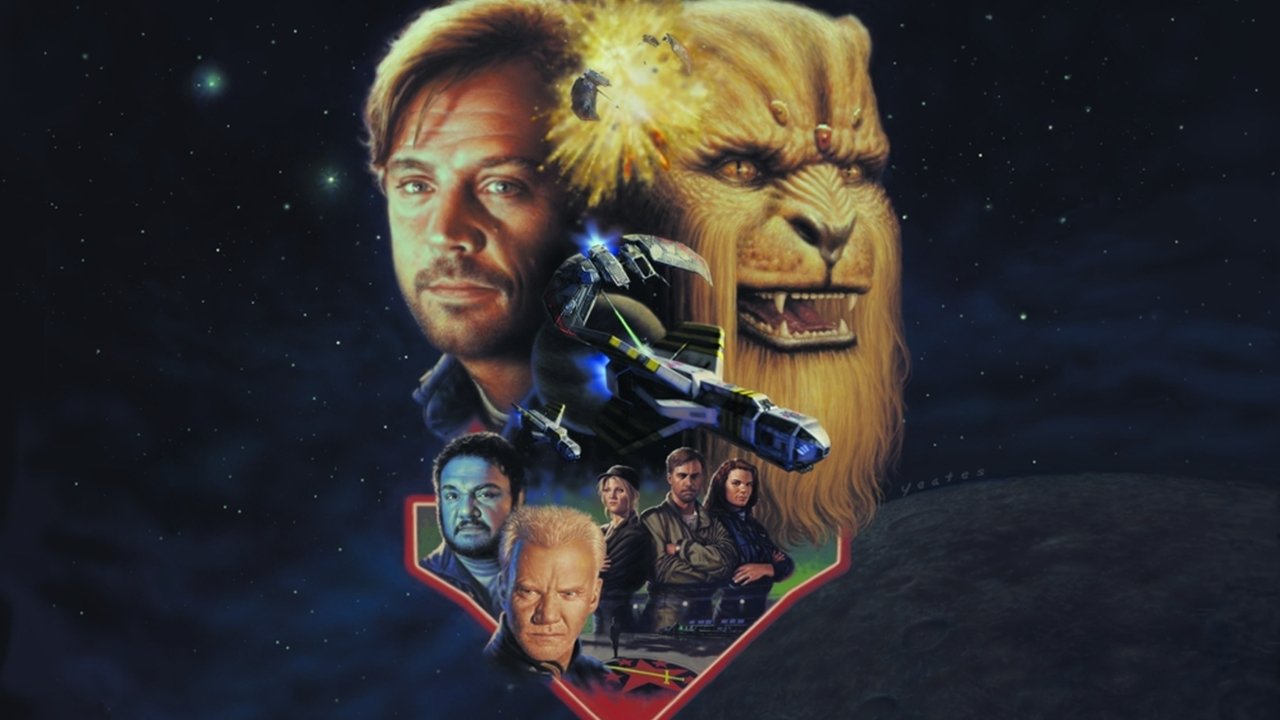It gives my old, black heart a warm, fuzzy feeling when I see guys like Tim Schafer and Brian Fargo have their own It’s a Wonderful Life moment and realize that lots of people out there do think they matter, that the work they have produced has touched people. The big publishers may not think that a game is worth producing unless six million people are willing to buy it, but one or two million fans is still nothing to sneeze at, especially if your game isn’t that expensive to produce.
For those that haven’t been following, in recent times, Tim Schafer—creator of beloved adventure games during the 90s, like Grim Fandango—cut out the middle man, the publisher, and went straight to the source. He used an internet service called “Kickstarter” to appeal directly to the people, telling them “I want to make another adventure game, just like the ones you used to enjoy that nobody makes anymore, but I need your money to do it.” He asked for $400,000 and instead, he got over three million by the end of his donation period. Brian Fargo, the creator of an early CRPG known as Wasteland has now also started up a Kickstarter drive and hit his minimum goal of $900,000 in just two days. What both of these developers have in common, is that they are luminaries of an earlier era of PC gaming that have managed to remain relevant to those gamers years later. They made the kind of games that a lot of people enjoyed, just not necessarily the kind of games that are easy to drop into, play immediately and start screaming at other people that they are N00bs or cheaters. They made the kinds of games that the kind of crowd that liked computers—when they were a niche—would enjoy playing.
And that’s why I think we need to get either Lawrence Holland or Chris Roberts to sign up for a Kickstarter project and get a new space fighter simulation off the ground. Lawrence Holland is in some ways, the far less realistic of the two prospects, as he’s best known for his work on the much loved Star Wars: X-Wing, X-Wing vs. TIE Fighter and X-Wing Alliance games. The obvious problem here is most fans would want more games in this series, but with LucasArts alive and well, doggedly holding onto that most famous of licenses, chances are slim to none that they would generously give permission to Holland to make such a game without their involvement. Chris Roberts, however, while most famously known for the Wing Commander series, has already proven that he can step beyond that, and did so—quite successfully—with the Starlancer and Freelancer series. Even if players don’t necessarily get to step into the cockpit of a Raptor in order to start shooting Kilrathi out of the sky, the Chris Roberts name, or, perhaps more accurately, invoking the title “The Wing Commander Dude,” will probably appeal to the same demographic that responded to both Tim Schafer and Brian Fargo; affluent nerds in the prime of their financial life who favor a particular genre that is no longer serviced in todays “AAA” mass market gaming climate.
This is something that has become more and more prevalent with the rise of mobile gaming. Contrary to what Activision believes, there’s still money to be made in genres other than the first person shooter. More importantly, the profit from these games doesn’t require sky-high budgets blown on the latest graphics engine, and intensive mo-cap and voice recording sessions in studios. Sometimes the sheer strength of game design is enough to engage a player, and there are many people out there willing to pay for that experience. They just might not be teenagers or college students that only buy one FPS every year. Thatgamecompany’s Journey has already proven this. Smaller, indie developers have known for years what older developers first discovered as far back as the 80s; you don’t need to sell two million units of a game just to break even. Sometimes, with a small team, a modest budget, loads of talent and an insight into what it is that makes a genre fun, a game can succeed. It just needs a chance to get away from the radar of big financial and marketing analysis and go straight to the people that make the business so successful in the first place; the gamers.




